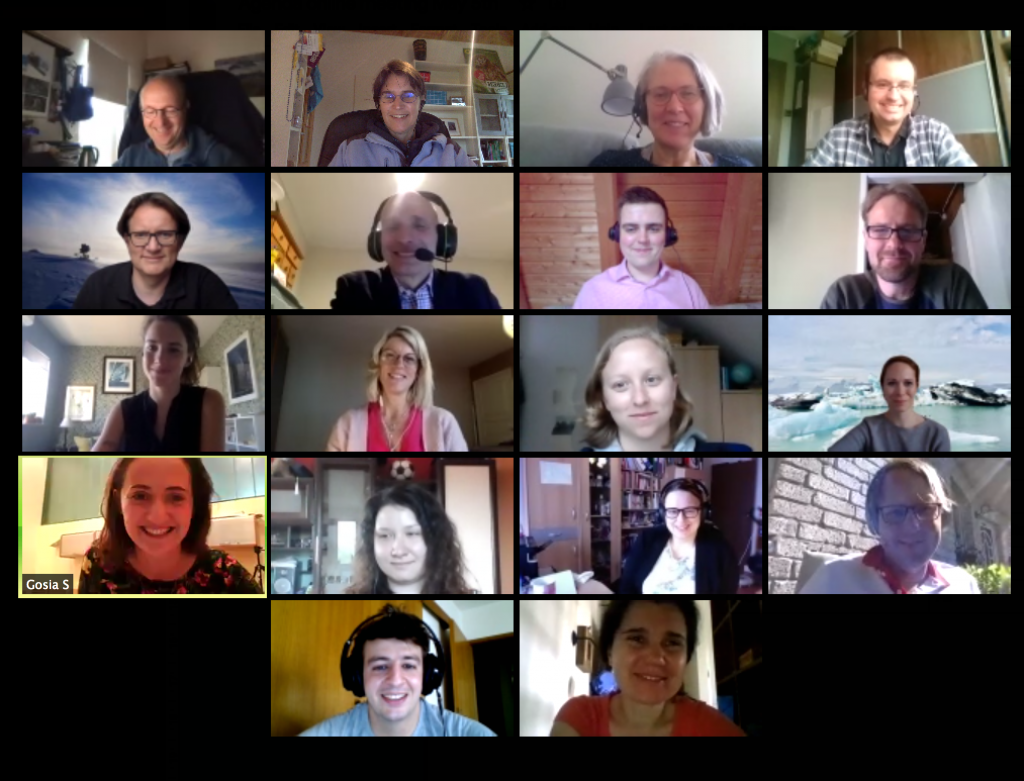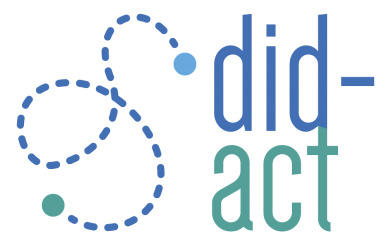The first phase of the DID-ACT project (January – June 2020) was a very intense and insightful time. The main goal of the first project phase was to conduct a needs assessment among different stakeholder groups regarding a longitudinal clinical reasoning curriculum for students and a train-the-trainer course for teachers. Also, barriers for the implementation for such a curriculum and course as well as potential solutions were investigated.
At the first meeting of the project-team in Augsburg in January, the foundations were laid for the following work. In the next months, we carried out surveys and interviews. The data collection unfortunately collided with the onset of the Corona crisis, which made it a challenging task to recruit participants in the health sector. Nevertheless, we were able to conduct a considerable number of interviews and almost 200 people took part in the survey. During these difficult times, our bi-weekly online-meetings were especially valuable to keep the project on track, coordinate and support each other with the ongoing tasks.

The analysis of the needs for the student curriculum showed that cases and simulations are seen as especially important in the teaching of clinical reasoning while oral and written exams are seen as most useful to assess clinical reasoning. For the train-the-trainer course, a blended-learning approach is favored. Results on barriers are described in our blog entry “Barriers for a clinical reasoning curriculum“. More detailed results can be found in the D1.1a report and the D1.1b report.
After finishing the data analysis regarding needs and barriers for the planned longitudinal clinical reasoning curriculum and the train-the-trainer course, solutions to overcome the identified barriers were sought. We analyzed the answers from our interview partners and conducted an online ideation workshop with the team members to develop further solutions (described in our blog entry “Online ideation workshop”). More details on solutions are described in the D1.2 report.
After this exciting first phase of the project, we are now looking forward to the next months where a curricular framework with learning goals and educational methods for the student curriculum and the train-the-trainer course will be developed.






